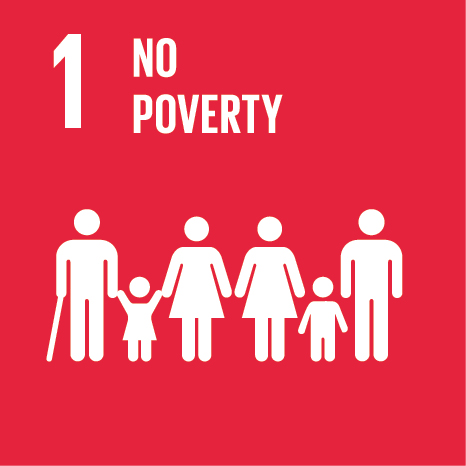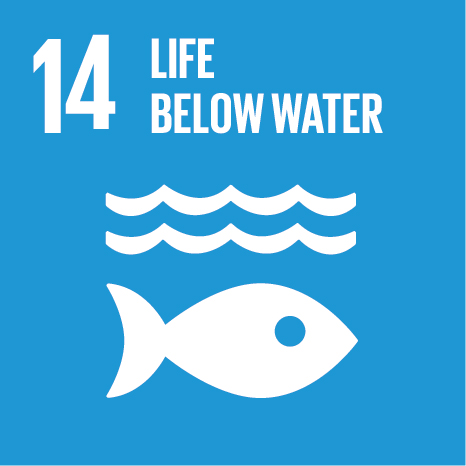






Amrita Vishwa Vidyapeetham advances comprehensive community-focused initiatives in sustainable agriculture and aquaculture, integrating training, research, and technology transfer to empower local farmers and food producers. These programs support key Sustainable Development Goals such as SDG 2 (Zero Hunger) by promoting sustainable food production, SDG 12 (Responsible Consumption and Production) through eco-friendly agricultural practices, SDG 13 (Climate Action) by encouraging climate-resilient farming, SDG 14 (Life Below Water) via sustainable aquaculture, and SDG 15 (Life on Land) by conserving terrestrial ecosystems. Through collaborations with governmental, international, and community partners, Amrita fosters resilient rural livelihoods and environmental stewardship, helping build self-reliant and prosperous communities.
In September 2023, the Amrita Coconut Research and Development (ACORD) Center hosted a one-day symposium on technological innovations for sustainable coconut farming. Experts presented on robotics, AI, drones, precision nutrient management, and bio-product development, with emphasis on empowering smallholders through research-driven practices.
Launched October 2024, this program offers farmer-centric workshops on permaculture, kitchen gardening, water-saving irrigation, multi-cropping, and organic pest management. Field demonstrations and model-village pilots (e.g., Kuruvakurdha, Raichur) showcase climate-resilient cropping systems and nutritional security plans.
Since May 2024, Amrita Bhoomi operates demonstration farms to train over 10,000 farmers annually in zero-budget natural farming (ZBNF), seed sovereignty, soil health, agroforestry, and socio-economic enterprise development. Farmer-to-farmer exchanges and field visits build local capacity for regenerative agriculture.
A June 2024 research initiative develops microbial consortiums to enhance soil fertility, stress tolerance, and greenhouse-gas mitigation. Workshops for farmers demonstrate biofertilizer production and on-farm trials of microbial soil amendments.
The AMMACHI Labs archives include Integrated Multi-Trophic Aquaculture (IMTA) modules delivered to coastal communities, covering polyculture design, resource optimization, and value-addition techniques. Farmers gain hands-on skills in combining fish, shellfish, seaweed, and detritivores for system resilience.